Discover Nepal's Incredible National Parks and Reserves
Go on an adventure in Chitwan, Bardia, Shivapuri-Nagarjun, Sagarmatha or Dhorpatan Hunting Reserve. Elen Turner shares her favorite locations for an adventure.
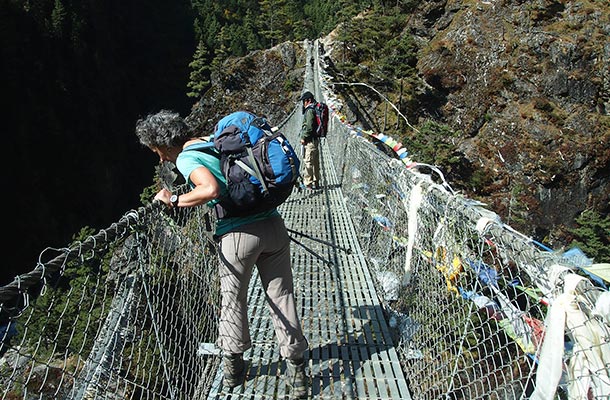 Photo © Elen Turner
Photo © Elen Turner
In the jungle national parks of Chitwan and Bardia, you can come face to face with rhinos and maybe even spot a tiger. In the Everest region, see incredible mountain peaks soar higher than 6,000m. Or, in the remote far west of Nepal you can get away from it all.
- Jungle Parks and Wildlife Reserves in Nepal
- Shivapuri-Nagarjun National Park
- Sagarmatha National Park
- Dhorpatan Hunting Reserve
Jungle Parks and Wildlife Reserves in Nepal
Located on the hot, jungly plains of Nepal, the Chitwan and Bardia National Parks, and the Koshi Tappu and Parsa Wildlife Reserves are the best places to see wildlife in Nepal.
Chitwan National Park has run extremely successful rhino conservation efforts, and there are now more than 600 of the great animals in the park.
Busy Sauraha is the most popular point of access, but there are quieter lodges and homestays spread throughout the region.
The Barauli Community Homestay, in particular, allows you to get to know the local Tharu people, as well as join wildlife safaris.
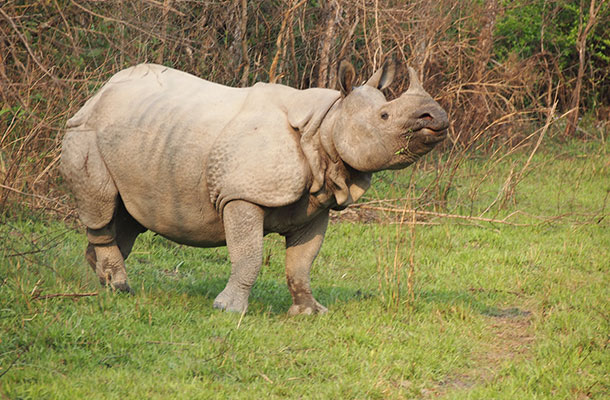
Although previously decimated in the decade-long Maoist insurgency, the Bardia National Park in the far west is recovering well, and is a good place to look for Royal Bengal Tigers.
A visit here can be combined with a ten-day whitewater rafting trip down the Karnali River.
The Koshi Tappu Wildlife Reserve, in the east, is a bird-spotter’s dream, with 439 species of birds living in and around the marshes and wetlands.
The Parsa Wildlife Reserve, which is adjacent to Chitwan, used to be a royal hunting reserve, but is now Nepal’s largest protected area for wildlife. It’s particularly notable for its tropical and subtropical forests.
Shivapuri-Nagarjun National Park
If you're looking for a quick trip from Kathmandu city, head to Shivapuri-Nagarjun National Park.
Though split in two between Shivapuri in the north, and Nagarjun in the west, the main point of interest is Shivapuri entrance, beside the town of Budhanilkantha. Stop there to check out the floating Vishnu statue surrounded by serpents, and then hike in the park. Leopards are occasionally seen in the area, though it’s unlikely you’ll encounter them in the day.
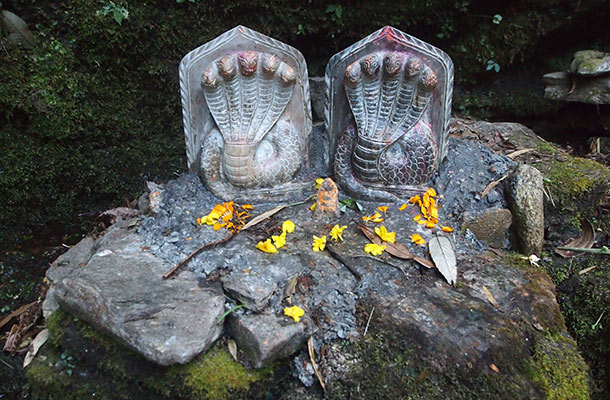
Sagarmatha National Park
Sagarmatha National Park is the surrounding area of Mt. Everest (known as Sagarmatha in Nepali).
Hiking to Everest Base Camp is one way to see the park, or you could do the Gokyo Lakes trek.
If you’re not on a tight budget, helicopter tours are a stunning way to witness the grandeur of the landscape within a few hours.
Aside from the mountains, the bird life is especially important in this park, and you can see Nepal’s national bird – the colorful danphe.
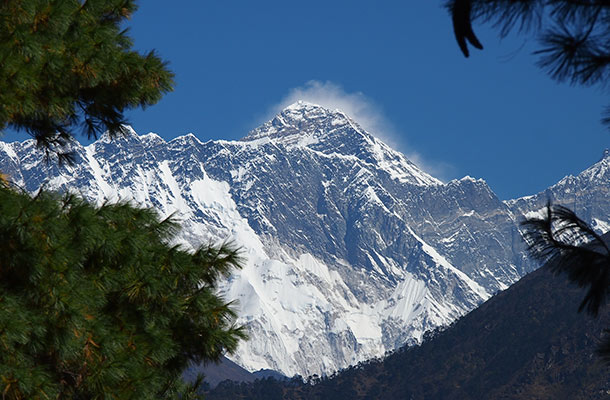
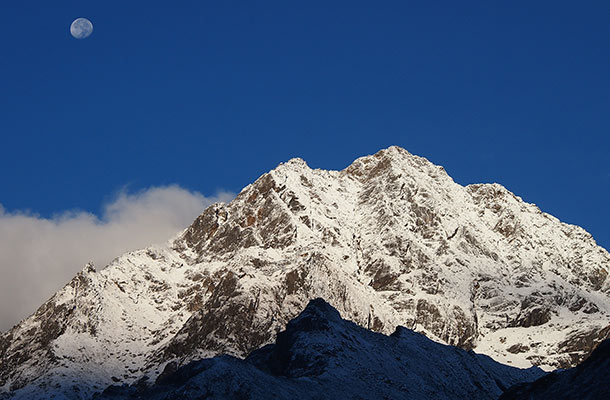
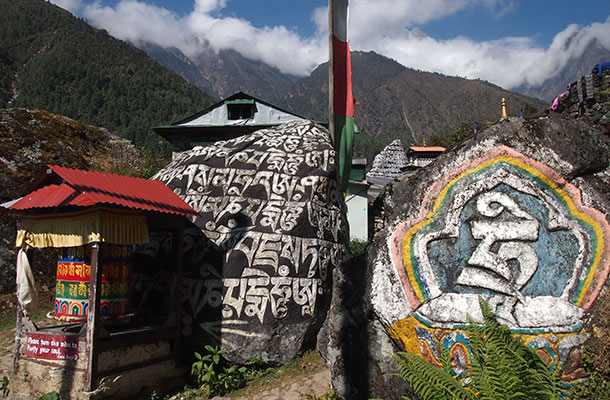
Dhorpatan Hunting Reserve
Within the Dhaulagiri Himalayas is Dhorpatan Hunting Reserve. Although extremely isolated, you can trek for three days here and not encounter a settlement or village. Dhorpatan is a stunning place to incorporate into treks between Upper Dolpo and the Annapurna region.
It’s the only hunting reserve in Nepal, and is home to a large variety of mammals, including the elusive snow leopard, red pandas, musk deer, and blue sheep.
Related articles
Simple and flexible travel insurance
You can buy at home or while traveling, and claim online from anywhere in the world. With 150+ adventure activities covered and 24/7 emergency assistance.
Get a quote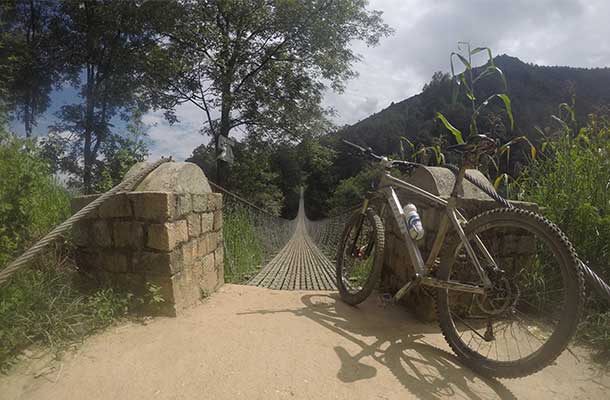
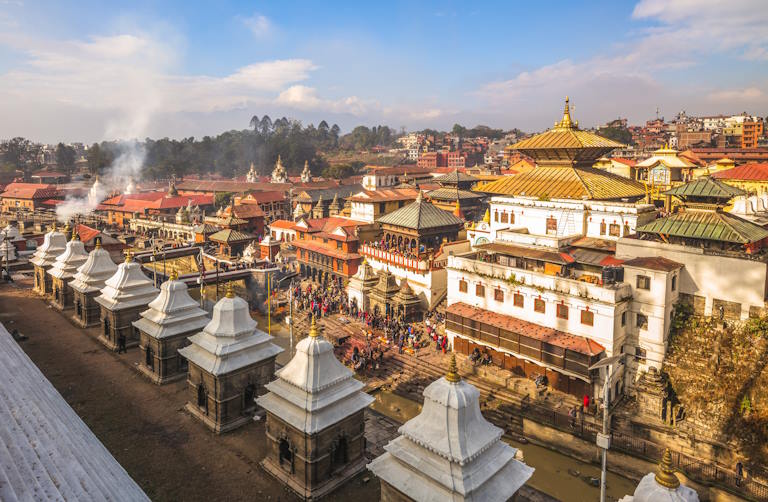
No Comments